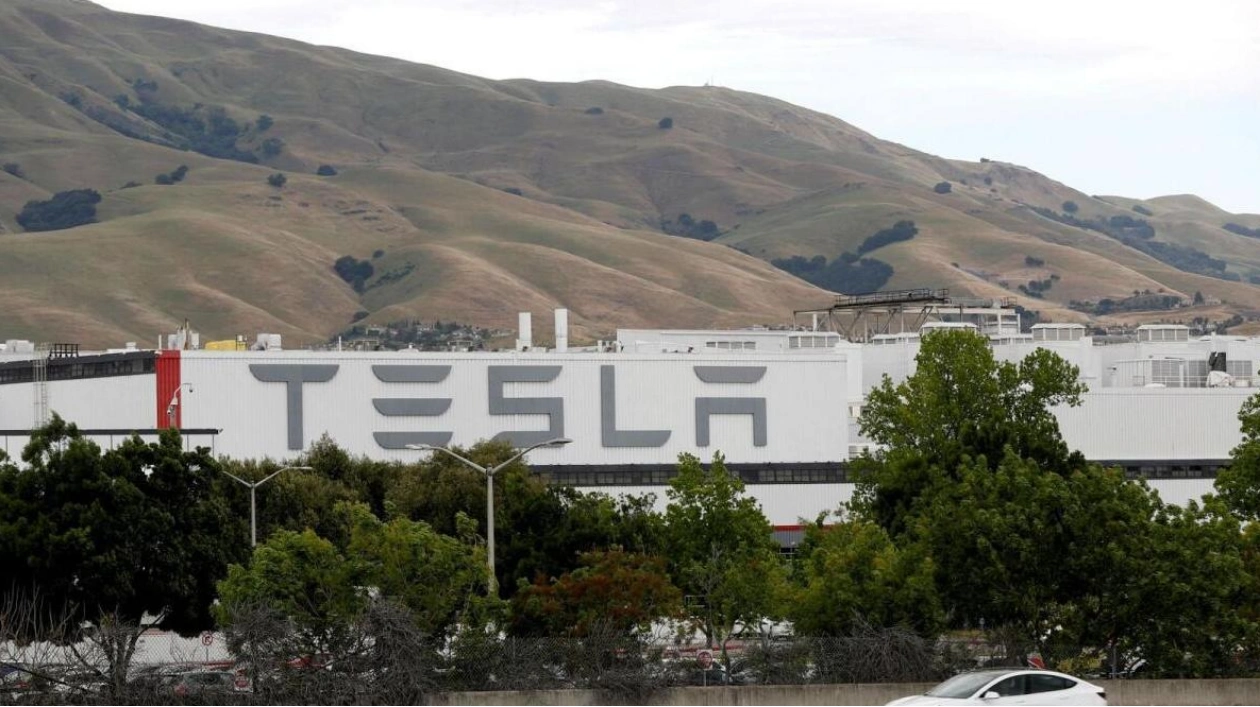More than 80 per cent of chief economists worldwide anticipate a strengthening or stable global economy in 2024, a significant increase from the previous year, as per the World Economic Forum. Expectations of a downturn decreased from 56 per cent to 17 per cent, reflecting greater optimism among chief economists.
Over two-thirds of surveyed chief economists foresee a sustained global growth rebound driven by technological advancements, artificial intelligence, and the green transition. However, the latest Chief Economists' Outlook by the WEF warns of potential economic volatility due to geopolitical and domestic political tensions, with 97 per cent and 83 per cent of respondents, respectively, expecting these factors to impact the global economy.
According to the International Monetary Fund (IMF), global growth is projected to remain at 3.2 per cent in 2024 and 2025, below the 2000–19 average of 3.8 per cent. The IMF's chief economist, Pierre-Olivier Gourinchas, attributes this to restrictive monetary policies, reduced fiscal support, and low underlying productivity growth.
Growth expectations vary across regions, with a positive outlook for the United States and Asian economies, particularly in South Asia, East Asia, and the Pacific. However, European economists predict weak growth for the remainder of 2024. The survey also emphasizes the challenges faced by businesses and policy-makers, with escalating tensions between political and economic dynamics posing a significant challenge.
Chief economists remain optimistic about the long-term global growth prospects, with a majority anticipating a sustained rebound to 4.0 per cent growth within the next five years, primarily driven by technology and the green and energy transition. While there is consensus on factors that could dampen growth, such as geopolitics, domestic politics, debt levels, climate change, and social polarization, views diverge on the impact of these factors in low-income economies.
Policy measures deemed instrumental for fostering growth include innovation, infrastructure development, monetary policy, and education and skills, with low-income economies expected to benefit more from interventions related to institutions, social services, and access to finance in comparison to high-income economies. However, there is a lack of agreement on the impact of environmental and industrial policies on growth.






